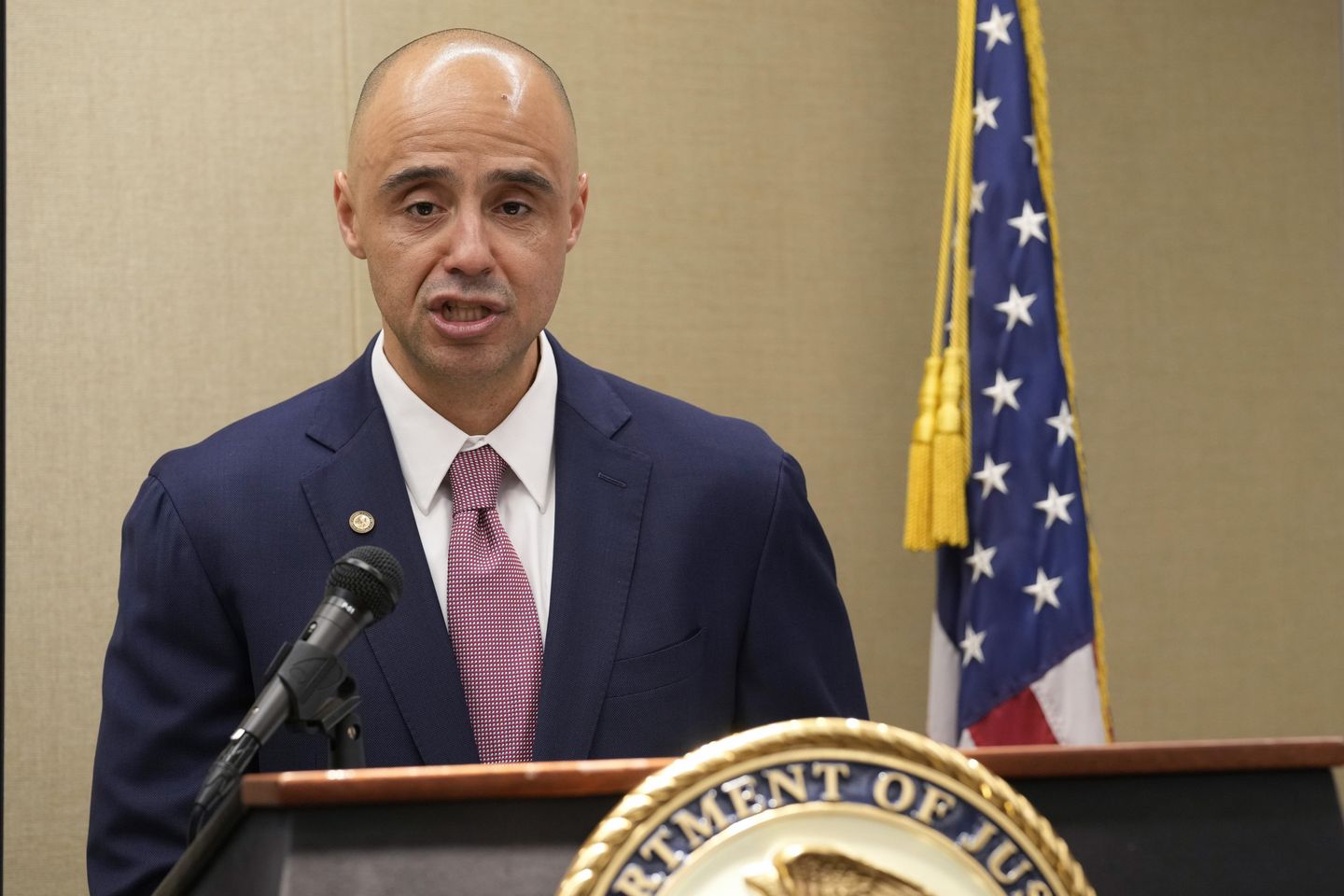After four years in the role, Graves announced his resignation in a press conference at the Department of Justice, citing personal reasons for his decision to step down. He thanked his colleagues and staff for their dedication and hard work during his tenure, and expressed confidence in the future leadership of the office.
Graves, a career prosecutor with decades of experience, was appointed as U.S. Attorney for the District of Columbia in 2017 by then-President Barack Obama. Throughout his time in office, he oversaw high-profile cases ranging from public corruption to violent crime, earning both praise and criticism for his handling of various investigations.
One of the most contentious issues during Graves’ tenure was his approach to prosecuting cases related to the January 6th Capitol riot, which saw a mob of Trump supporters storming the U.S. Capitol in an attempt to overturn the results of the 2020 presidential election. Some lawmakers accused Graves of being too lenient in his pursuit of charges against the rioters, while others commended his efforts to hold those responsible accountable.
In his resignation statement, Graves defended his record on prosecuting the Capitol riot cases, emphasizing the importance of upholding the rule of law and ensuring justice for all involved. He acknowledged the challenges of navigating such politically charged cases but maintained that his decisions were made with the best interests of the American people in mind.
As speculation swirls about who will succeed Graves as the next U.S. Attorney for the District of Columbia, both Democrats and Republicans are closely watching to see who will be appointed by the incoming Trump administration. The selection of a new top prosecutor is expected to have far-reaching implications for the direction of criminal justice policy in the nation’s capital, particularly in light of the ongoing debate over law enforcement reform and racial justice.
Some legal experts have suggested that Graves’ departure could signal a shift in the priorities and strategies of the U.S. Attorney’s Office, with potential changes in how cases are prosecuted and what types of crimes are prioritized. Others believe that continuity in leadership is crucial to maintaining stability and consistency in the office’s operations, especially during a time of heightened political polarization and social unrest.
Regardless of who ultimately takes over as the new U.S. Attorney for the District of Columbia, one thing is clear: the legacy of Matthew Graves will be remembered for his dedication to upholding the principles of justice and fairness in a challenging and often turbulent legal landscape. His departure marks the end of an era for the District’s top prosecutor, but his impact on the office and the community will be felt for years to come.









